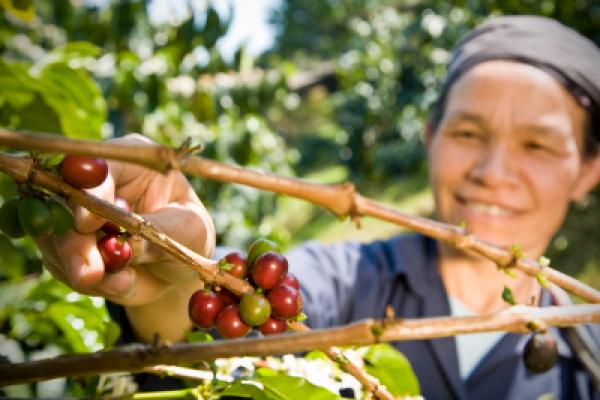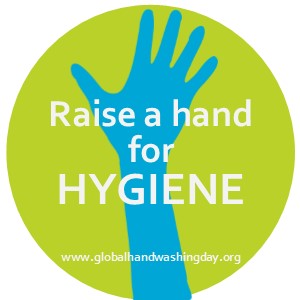The
United Nations’ (UN) International Day of Rural Women celebrates and
honors the role of rural women on October 15 each year. It recognizes
rural women’s importance in enhancing agricultural and rural development
worldwide.

What Do People Do?
Many people, government agencies, community groups and non-government associations celebrate the International Day of Rural Women on October 15 every year. Television, radio, online, and print media broadcast or publish special features to promote the day. Panel discussions, research papers, and conferences are also held to review and analyze rural women’s role in society, particularly in areas such as economic improvement and agricultural development.Other activities and events held to promote the day include:
- Global exchange programs for women in agriculture.
- The launch of fundraising projects to support rural women.
- Expos and workshops showcasing rural women’s contribution to their societies.
- Strategic meetings to present issues on topics, such as empowering women farmers, to policy makers.
Public Life
The International Day of Rural Women is a global observance and is not a public holiday.Background
The first International Day of Rural Women was observed on October 15, 2008. This day recognizes the role of rural women, including indigenous women, in enhancing agricultural and rural development, improving food security and eradicating rural poverty.The idea of honoring rural women with a special day was put forward at the Fourth World Conference on Women in Beijing, China, in 1995. It was suggested that October 15 be celebrated as “World Rural Women’s Day,” which is the eve of World Food Day, to highlight rural women’s role in food production and food security. “World Rural Women’s Day” was previously celebrated across the world for more than a decade before it was officially a UN observance.

 ne champion.
This can help create a strong social norm of good hygiene in a school,
community, or region. Likewise, when people raise a hand, they can also
be counted. In terms of handwashing, this is a reminder that it is
possible for governments to count how many people wash their hands and
have access to hygiene facilities in homes, schools, and healthcare
facilities. Governments must measure hygiene indicators to know where
resources should be concentrated. Global Handwashing Day is a
good opportunity to ask governments to fulfill this important role. We
can also raise a hand to draw attention to the need for change, from
parents’ associations raising a hand to ask for a better school hygiene
policy to celebrities raising a hand to ask politicians to fund hygiene
programs.
ne champion.
This can help create a strong social norm of good hygiene in a school,
community, or region. Likewise, when people raise a hand, they can also
be counted. In terms of handwashing, this is a reminder that it is
possible for governments to count how many people wash their hands and
have access to hygiene facilities in homes, schools, and healthcare
facilities. Governments must measure hygiene indicators to know where
resources should be concentrated. Global Handwashing Day is a
good opportunity to ask governments to fulfill this important role. We
can also raise a hand to draw attention to the need for change, from
parents’ associations raising a hand to ask for a better school hygiene
policy to celebrities raising a hand to ask politicians to fund hygiene
programs. 























